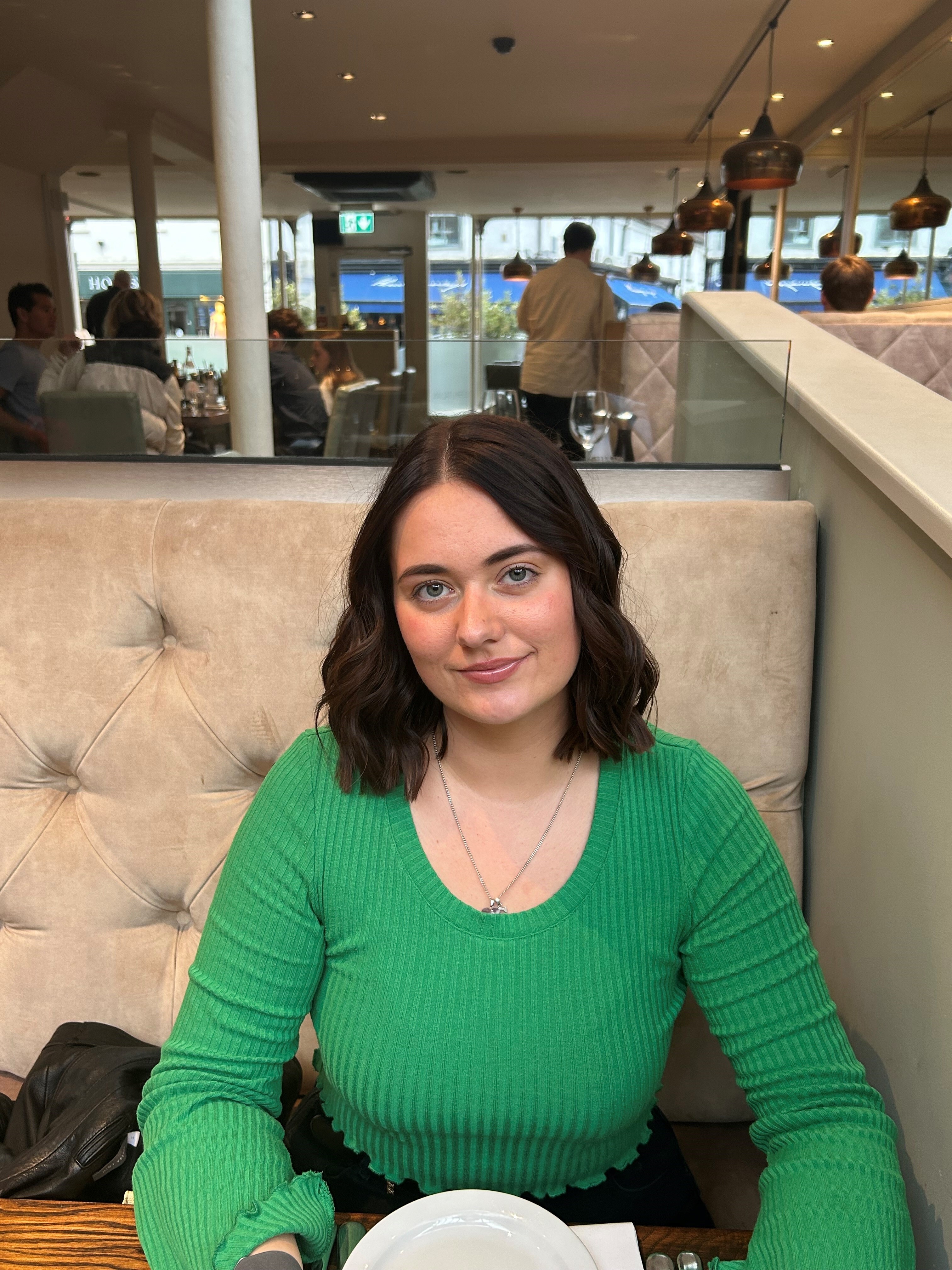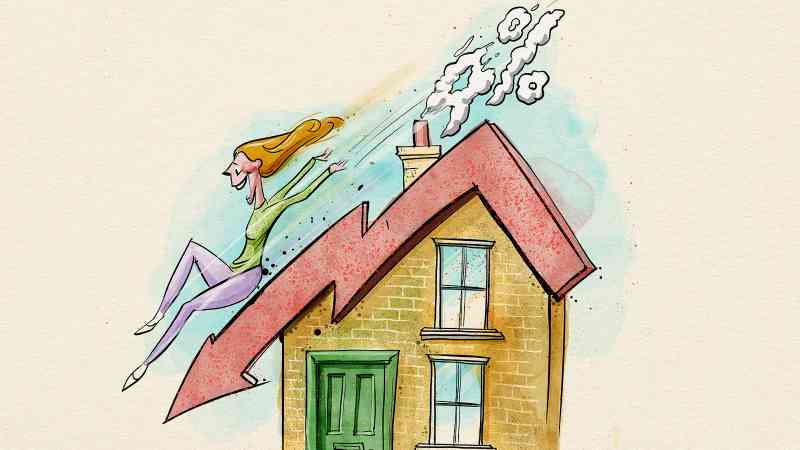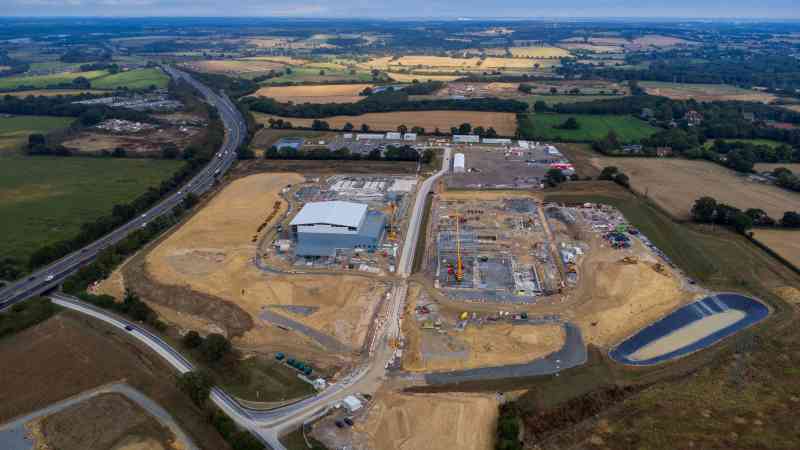Mortgage rates are finally dropping — here’s how to get the best deal
The biggest high street lenders are offering rates not seen in two years.
NatWest, Barclays, Halifax, HSBC, the Co-op Bank, Virgin Money, and Coventry and Nationwide building societies have five-year fixes at less than 4 per cent and brokers and estate agents are expecting a bumper few months as borrowers make the most of the cheap deals.
There were 61,985 new mortgages approved for homebuyers in July, compared with 60,611 in June and 49,015 in July last year. Net borrowing was£2.79 billion in July, the highest since November 2022, which was just afterthe disastrous mini-budget sent rates soaring and put a damper on the housing market.
“There’s definitely a much more positive feeling in the mortgage market at the moment,” said Ross Lacey from the financial advice firm Fairview.
“Daily emails from lenders letting us know of rate cuts and more flexible and generous lending policies mean that we are having nice conversations with clients. There’s definitely a greater demand and more enquiries coming through.”
The lowest five-year fixed-rate for a homebuyer is 3.77 per cent, with a £1,495 fee, and the lowest remortgage rate is 3.92 per cent, with a £1,495 fee. Both are from NatWest and available at 60 per cent loan-to-value (LTV), so you need at least a 40 per cent deposit.
Two-year fixes have not yet dropped below 4 per cent — the lowest is 4.12 per cent from Halifax at 60 per cent LTV. Last September the lowest you could get was 5.94 per cent.
Rates have been high for the past two years but were at record lows for more than a decade before that. Anyone coming off a five-year deal now is likely to have been paying 2-3 per cent.
The Bank of England base rate, which affects high street savings and mortgage rates, went up 14 times from a low of 0.1 per cent in December 2021, but fell for the first time in four years in August. It is now 5 per cent.
In May the best five-year deal was at 4.36 per cent, which would mean repayments of £1,096 a month on a £200,000 25-year loan. On the NatWest 3.77 per cent rate, repayments on the same loan would be £66 lower at £1,030 a month.
Andrew Montlake from the mortgage broker Coreco said: “Five-year fixed rates beginning with a 3 were an important watershed; as rates have fallen we have seen demand from prospective buyers rise accordingly. Many are keen to take advantage of a softer property market before this increase in demand feeds through into higher house prices.”
Some 474,000 borrowers are also expected to come to the end of their mortgage deal by the end of the year. Here’s what buyers and remortgagers need to know about getting the best rate.
Will rates fall further?
When mortgage rates start to drop it can be tempting to wait for them to go even lower. Many expect more cuts over the next few weeks as banks compete for business so that they can hit their lending targets.
But anyone holding off before fixing a deal could also have to reckon with rising property prices as demand grows from buyers.
Simon Gerrard from the north London estate agency Martyn Gerrard said: “We are already starting to feel the effect of the first interest rate cut by the Bank of England. Buyers think that prices are only going to increase if they hold off and they don’t want to risk being priced out because they hesitated.”
The estate agency Knight Frank expects house prices to rise 3 per cent this year and in 2025 — a reversal of the 4 per cent fall it had originally predicted at the start of the year. If you bide your time to buy and end up needing a bigger mortgage to afford higher house prices, you could need interest rates to fall further to pass a lender’s affordability tests.
• Mortgage price war offers relief for homebuyers
House prices have risen every month since February, according to the Office for National Statistics, most recently by 0.5 per cent between May and June. On average property prices rose 0.6 per cent each month in the first half of the year.
The average property is now worth £287,924 and you would need to borrow £172,754 if you had a 40 per cent deposit. At a rate of 3.77 per cent on a 25-year loan, the repayments would be about £890 a month.
If house prices continued to rise 0.6 per cent each month and you waited until December to buy, the average property would cost £298,446. You would need an extra £4,208 to still have a 40 per cent deposit and to borrow £6,314 more. For your repayments to be the same as if you bought now, you would need to find a mortgage rate of 3.43 per cent.
A better option would be to hedge your bets by locking in a mortgage offer now, with the flexibility to switch to a cheaper deal — either with the same lender or a competitor — before you complete on a property.
“We’re having this discussion a lot with people now,” Montlake said. “It can be three to six months from mortgage application to completion, so I would say now looks like it might be a good time to fix, because of predictions that the property market is really going to strengthen. If rates come down you can renegotiate anyway.”
You can usually secure a deal with a new lender up to six months before yours runs out. If you are considering a product transfer with the same lender, which would mean not having to go through affordability checks, be aware that banks have reduced how early their customers can lock in new deals.
Halifax will reduce its product transfer window from six months to four for borrowers whose deal ends from the end of February. Nationwide and Santander have made similar moves over the past few months.
• Why first-time buyers are still getting a raw deal
Is it worth overpaying?
Lenders reserve their lowest rates for customers with the biggest deposits. Qualifying for a lower LTV band by putting down a bigger deposit, getting your home valued at a higher price if you have done any work, or overpaying your mortgage can get you a better deal — helpful if you are looking to mitigate the shock of coming off a much cheaper rate.
“There’s still a lot of people yet to feel the pain of remortgaging off fixed rates between 1 and 2 per cent and going onto a rate starting with a 3 if they are lucky,” said Lacey. “In most cases it makes sense to make the overpayment to get down to the next LTV bracket.”
While it generally saves you money, the savings to be made from moving down an LTV band are not equal and moving between some bands will make more of a difference than between others. The lowest rate for someone remortgaging at 75 per cent LTV, which is 4.07 per cent from Barclays, is 0.15 percentage points higher than the best 60 per cent LTV rate of 3.92 per cent from Halifax.
But the best rate at 85 per cent LTV, 4.48 per cent from Cumberland Building Society, is 0.41 percentage points higher. On a £200,000 25-year mortgage, you would save £46 a month by getting from 85 per cent to 75 per cent LTV, compared with £16 getting from 75 per cent to 60 per cent.
You can usually overpay up to 10 per cent of your remaining loan a year, but if you are on an old cheap deal with some time left before it expires then a better tactic might be to put the spare cash in a savings account with a better rate. You could then use the interest earned to reduce the loan size needed when you remortgage with your savings.
If you can pull together a 10 per cent deposit rather than a 5 per cent deposit it can make a big difference to your choice of the better deals because fewer lenders offer 95 per cent LTV loans.
The lowest five-year remortgage rate at 95 per cent LTV is 5.16 per cent from Furness Building Society, while the lowest at 90 per cent LTV is 4.75 per cent from Monmouthshire Building Society, which would cost you £48 less a month on a £200,000 25-year mortgage.
Fee or no fee?
When choosing the best deal for you, look at more than just the headline interest rate.
Most lenders tend to offer either a higher rate with no fee, or lower rates with fees that can range from £500 up to £1,500. Unless you have a really big mortgage, you could be better off with the higher rate, especially because the market-leading deals tend to have large fees.
The lowest five-year fix from NatWest at 3.77 per cent would cost you £1,030 a month on a 25-year £200,000 loan, with a £1,495 fee. The lowest no-fee deal is 3.92 per cent from Halifax, according to the broker L&C Mortgages, which would cost you £1,047.
On a £200,000 loan, you would pay £63,355 with the NatWest deal over five years, including the fee, but only £62,820 with Halifax’s deal with a higher rate but no fee. You would need a loan of about £315,000 or more for paying the fee to be worthwhile.
You do not have to pay the fee upfront, but if you add it to your loan it will add to your overall interest bill.
• Compare mortgage deals• Compare mortgage brokers
Two years or five?
Choosing whether to fix for two or five years is a big consideration when taking a new mortgage deal and will largely depend on your personal circumstances and any future moving plans.
Historically borrowers have typically been evenly split between choosing two and five-year fixed rates. But in June the share of new loans that were five-year fixes jumped to 49 per cent, according to the trade association UK Finance, while 40 per cent were two-year deals.
Borrowers taking a more expensive two-year deal are likely to be moving house in the near future, or gambling that rates will be much lower when they come to remortgage. You would pay £39 a month less on the 3.77 per cent five-year rate on a £200,000 loan over a 25-year term than you would on the 4.12 per cent two-year fix.
For that to pay off, after two years you would need to find a new deal where repayments were £39 a month less than the five-year deal — so a 3.4 per cent rate giving repayments of £991 a month. You also need to factor in paying two sets of mortgage fees, although Halifax’s £999 fee is lower than NatWest’s.
It is a gamble some borrowers are willing to take. Hina Bhudia from the mortgage broker Knight Frank Finance said: “In general borrowers with larger mortgages tend to be happy to take a two-year fix with a view to remortgaging at a hopefully lower rate.”
‘I have saved £107 a month’
First-time buyer Charley Dray is grateful that mortgage rates are falling. Dray, a 28-year-old accountant from southwest London, has spent ten years saving a £100,000 deposit while paying £400 a month in discounted rent to her parents.

“It is a better time to buy with lower mortgage rates but that’s more a plus than the main factor,” Dray said. “It’s always been my intention to buy, renting feels like throwing money down the drain. That’s probably something I’ve taken from my parents.”
She had an offer accepted on a two-bedroom maisonette in Cheam for £355,000, which she is funding with a £266,250 mortgage from Halifax with a 40-year term. She has taken a two-year fixed rate of 4.37 per cent, so will pay about £1,175 a month when she completes, which she says is much cheaper than privately renting.
She originally intended to put down a smaller deposit, but was advised by her mortgage broker to stump up more and reduce the loan from 85 to 75 per cent LTV. This meant she qualified for a lower rate, saving £107 a month.






